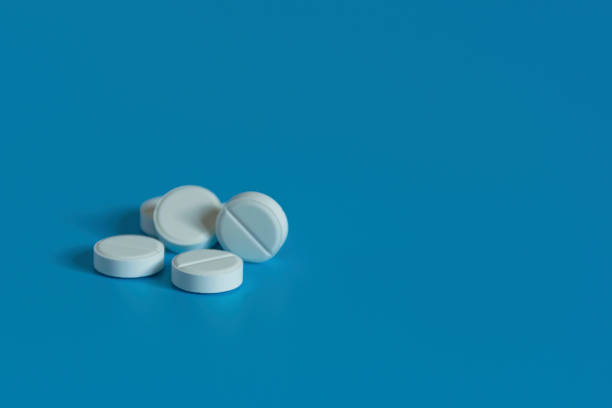Tramadol is a controlled medication used to treat moderate to severe pain. It belongs to the drug class known as opioid analgesics, and it works by changing how the body feels and how the brain responds to pain. Tramadol only provides short-term relief for pain, so it is not prescribed for long-term or chronic pain. It is available in tablet and liquid form.
Dosage
The dosage for tramadol depends on your age, the severity of the condition, the condition being treated, your response to the first dose and other medical conditions you have. Tramadol comes as immediate-release tablets and extended-release tablets; the former works faster, and the effects wear off quickly, while the latter works slowly, but the effects last longer. The immediate-release tablets come in strengths of 50 mg and 100 mg, while the extended-release tablets come in strengths of 100, 200, and 300 mg.
Adult dosage (18 to 64 years) for immediate-release tablets is 50 mg 3 to 4 times daily to be taken every 4 to 6 hours as tolerated. The dose may be increased by 50 mg every 3 days if needed, but the maintenance dose is 50 to 100 mg every 4 to 6 hours, and the maximum dose is 400 mg daily.
The adult dosage for extended-release tablets is 100 mg once daily; it may be increased by 100 mg every 5 days depending on your response to treatment. The maximum dose is 300 mg per day.
For children and older adults, certain factors will be considered before tramadol can be prescribed, and it is not known if the extended-release tablets of tramadol are safe for children.
Side Effects of Tramadol
The common side effects of tramadol include:
- Stomach pain.
- Headache.
- Nausea.
- Vomiting.
- Drowsiness.
- Itching.
- Tiredness.
- Dizziness.
- Constipation.
- Sweating.
- Dry mouth.
These symptoms may disappear after a few weeks; if they persist, inform your doctor. Tramadol may also cause some more severe side effects, which include:
- Breathing problems:
- Slow breathing.
- Shallow breathing with little chest movement.
- Dizziness.
- Confusion.
- Fainting.
- Serotonin syndrome:
- Agitation.
- Fast heart rate.
- Diarrhea.
- High blood pressure.
- Nausea/vomiting.
- Hallucinations.
- High body temperature.
- Lack of coordination.
- Strong reflexes.
- Coma.
- Dependence or withdrawal symptoms:
- Sweating.
- Chills
- Trouble sleeping.
- Dilated pupils.
- Increased blood pressure.
- Fast breathing.
- Feeling anxious, irritated and restless.
- Teary eyes/runny nose.
- Diarrhea and stomach cramps.
- Joint pain, muscle ache or back pain.
- Androgen deficiency:
- Insomnia.
- Decreased energy.
- Tiredness.
- Adrenal insufficiency
- Abdominal pain.
- Muscle weakness.
- Long-lasting tiredness.
- Addiction
- Seizure
Precautions
Tramadol has several boxed warnings from the FDA; it can cause dangerous side effects and can be very addictive, so it must be taken with a doctor’s prescription, and you should endeavour not to deviate from it. Do not take more than the prescribed dosage, and do not take it for longer than necessary. Also, do not prescribe tramadol for people even if they have similar symptoms.
The drug can lead to misuse and addiction, which can result in overdose and death. If you notice severe side effects from this drug, especially if it slows or stops your breathing, seek medical attention immediately. If anyone ingests tramadol by mistake, get medical attention immediately.
Pregnant women should not use this medication for long, especially in their third trimester. It could lead to withdrawal symptoms in newborns.
Before taking tramadol, tell your doctor if you have a medical history of head injury, mental health disorders, seizures, addiction problems, kidney problems or stomach problems.



